The role of media and press security in human security in Vietnam
Human security and human security assurance are new concepts formed on the basis of developing thinking about the expansion of national security. The United Nations Development Program (UNDP) believes that: "Human security is the safety of people against chronic threats such as poverty, disease, oppression and unexpected, adverse events in daily life" (1); there are 7 aspects that make up human security, which are: economic security, food security, health security, environmental security, personal security, community security and political security.

Reporter reports on children in the mountainous areas of Son La province starting the new school year_Source: nhiepanhdoisong.vn
In Vietnam, the terms human security and human security assurance were first mentioned in the 12th National Congress Document: “Timely control and handle risks, contradictions, and social conflicts. Promote solutions to combat and prevent crimes and social evils; minimize traffic accidents; ensure social safety and human security” (2). By the 13th National Congress, human security was identified as a component of national security, closely related to political security, economic security, cultural and ideological security... The document emphasized: “Focusing on security and safety is one of the top factors in people's lives” (3) and concretized into 2 orientations in 12 orientations for national development in the period of 2021 - 2030. Thus, human security has received much attention from forums around the world as well as in Vietnam. Despite some differences in approach, studies all confirm the close relationship between national security and human security, and at the same time, the connotation of this concept is constantly expanding and developing.
Media and journalism are fields with extremely important functions and roles, born to satisfy the information and communication needs of people and society. In Vietnam, the ideological function of the press and journalism is a continuous and foremost function, with the task of propagating the Party's ideology, educating Marxism-Leninism, Ho Chi Minh's thought and making this ideology and theory become the mainstay in the spiritual and ideological life of the masses. In addition, media and journalism also have the function of social supervision and criticism, reflected in the fact that the press maintains and develops a close connection between the subject and the object of management through two-way information, ensuring that management decisions are transparent and effectively implemented.
Media and press security is a stable, safe state, performing the correct functions of the media and press system, ensuring that all information exchange activities between all subjects in society take place normally, contributing positively to the development of the country. First of all, it directly participates in orienting public opinion, creating a positive and healthy social and psychological atmosphere for people to operate. If before the Internet, the media and press system was basically one-way, single-line (from the State to the people), today, every citizen can become a "media person", "news messenger", and can also grasp information anywhere in the world with just a phone with an internet connection. Therefore, just a "hot" piece of information is released, it can be spread very widely, very quickly, creating strong public opinion, directly affecting the psychology, thoughts, and lives of many people in society. Therefore, preventing and filtering out incorrect and negative information and carrying out propaganda in the direction of "making the good part in each person bloom like spring flowers and the bad part gradually disappear" (4) will effectively serve to ensure human security in Vietnam today.
Media and press security contributes to ensuring people's political security. Although in the information society, in reality, the radio, television and press channels of the Party, the State and agencies in the political system are always interested in, followed by people and considered as official information. With their ideological function, the media and press propagate Marxism-Leninism, Ho Chi Minh's thought, the Party's guidelines and viewpoints, and at the same time fight against erroneous and hostile viewpoints. Through that, they contribute significantly to strengthening the Party's leadership, maintaining political security, building trust, arousing positive factors in people's thoughts and spirits and creating consensus among the masses.
In the process of increasingly deep and strong international integration of the country today, ensuring media and press security is of great significance in strengthening national unity and preserving the cultural identity of the Vietnamese people. Taking advantage of the development of social media, hostile forces are constantly carrying out the plot of "cultural invasion", promoting many hybrid and anti-cultural trends and lifestyles, especially affecting Vietnamese youth. Ensuring media and press security on the one hand helps to propagate and promote the precious traditional cultural values of the Vietnamese people not only domestically but also with friends around the world; on the other hand, it helps users to connect and interact safely and conveniently in media spaces and environments, contributing to the movement of "national solidarity to build a cultural life" and increasingly shaping the good qualities of modern Vietnamese people.
If information plays an increasingly important and comprehensive role in society, it is clear that the level of ensuring media and press security also demonstrates a very comprehensive role in human security in Vietnam. If information on the media and press system is unsafe, it can affect all areas of social life, creating a "domino effect", causing unpredictable consequences, and the people are the ones who will ultimately suffer. In the event that media and press agencies are attacked, their documents and secrets are appropriated, stolen from the database system, to post fake information, or even call on and instruct people to conduct illegal activities, it will disrupt the national information system and cause enormous economic, political and social damage.

Reporter working at an event_Source: congluan.vn
Some solutions in the future
Recent practice shows that the work of ensuring media and press security has been increasingly improved. Accordingly, the number of IP addresses in Vietnam in 2023 in the Botnet network has continued to decrease continuously over the past 5 years (down nearly 70% since 2018). 2023 is also the year of innovation in approaches to protecting people in cyberspace. Nearly 125,000 website sources have been established and connected, integrated with network information security solutions. The national malicious domain name warning and prevention system has blocked 9,073 websites that violate the law, including 2,603 fraudulent websites. Protecting more than 10 million people from accessing websites that violate and commit online fraud (5). Currently, the country has 6 key multimedia communication agencies, 127 newspaper agencies, 671 magazine agencies, 72 radio and television agencies (6). However, facing the task of building and defending the Fatherland, in the context of the current development of the Fourth Industrial Revolution, it is necessary to take many measures to ensure increasingly better security of the media and press in accordance with the Party's viewpoint: "Improving the quality, ensuring security and safety of information systems, press, internet, publishing; strengthening the capacity to manage cyberspace. Building key press agencies and media groups strong enough to perform well the essential information and propaganda functions, mastering the information front" (7).
Firstly, strengthen the Party's leadership in ensuring media and press security. Focus on thoroughly grasping and implementing viewpoints and guidelines on propaganda, press, publishing, application and development of information technology in parallel with ensuring information security and network security, especially a number of resolutions and directives such as: Directive No. 28-CT/TW, dated September 16, 2013, of the Secretariat, "On strengthening the work of ensuring network information security"; Directive No. 30-CT/TW, dated December 25, 2013, of the Politburo, "On developing and strengthening the management of electronic press, social networks and other forms of media on the Internet"; Resolution No. 52-NQ/TW, dated September 27, 2019, of the Politburo, "On a number of guidelines and policies to proactively participate in the Fourth Industrial Revolution"; Directive No. 09/CT-TTg, dated March 31, 2021, of the Prime Minister, "On improving the effectiveness of information and propaganda work to serve political tasks and essential information of press agencies in the period 2021 - 2025"... At the same time, localities and units also need to promptly build and consolidate agencies and forces to perform the task of ensuring media and press security, to have enough capacity to complete the task.
Second, improve the effectiveness and efficiency of state management in ensuring media and press security. First of all, it is necessary to review, supplement and specify the system of legal documents on ensuring media and press security, especially for new and "sensitive" issues. Clearly define the responsibilities of agencies, organizations, enterprises and individuals in protecting media and press safety and security and have strict sanctions to handle violations. Strengthen the potential for media and press security management, especially in preventing and responding to attacks that paralyze the national information and communication system; the intention to use artificial intelligence and big data to manipulate and incite public opinion; Conspiracies and activities of reactionary and opposing elements taking advantage of social media to incite the masses to participate in complaints and demonstrations, causing complications in political security, order, and social safety... Strictly manage press agencies, improve the effectiveness of information provision activities, and orient public opinion towards cadres, party members, and people before major events, complex, and sensitive events.
Third, strengthen education, raise awareness, consciousness, and skills of people in accessing and exploiting information. Focus on propaganda, education, and dissemination of laws on citizens' rights and obligations in media, press, and network security activities, helping them to be aware of the boundary between freedom of speech, social criticism, and defamatory, hostile, and illegal comments and statements. Raise people's awareness of hostile forces' plots to sabotage our country; encourage and take appropriate measures to mobilize people to participate in protecting media and press security. Organize guidance and training for different groups and users in necessary skills, such as: information verification skills, information selection and reception skills, identification skills, distinguishing between true and false information, right and wrong, building a culture of behavior and communication in cyberspace and media and press.
Fourth, focus on training, developing and attracting high-quality human resources along with promoting autonomy in technology, techniques, and facilities to ensure media and press security. Develop and implement mechanisms and preferential policies for experts working in agencies and organizations with the task of ensuring media and press security. Support the development of businesses and individuals participating in providing products and services in this field. Improve the quality of technical training, information technology, and network security at training institutions. Invest in modern infrastructure, build investment funds, research, and develop solutions to protect sovereignty in cyberspace.
Fifth, strengthen international cooperation in the field of ensuring media and press security. Expand links and cooperation with highly developed countries, organizations and corporations. Participate in international conventions and agreements on ensuring network safety and security, preventing and combating cybercrime in accordance with the Party's guidelines and policies and the State's laws.
Ensuring media and press security is an urgent issue and plays an increasingly important role in ensuring human security in Vietnam today. It is urgent to develop a strategy and synchronously deploy highly feasible solutions in many different forms, practically contributing to the cause of national construction and development in the current situation./.
Associate Professor, Dr. TRAN THANH GIANG
Deputy Director, Vice Chairman of the School Board, Academy of Journalism and Communication
---------------------------
(1) United Nations Development Program (UNDP), Human Development Report 1994, Oxford University Press, New York, 1994, p. 23
(2) Documents of the 12th National Congress of Delegates, National Political Publishing House Truth, Hanoi, 2016, p. 135
(3) Documents of the 13th National Congress of Delegates, National Political Publishing House Truth, Hanoi, 2021, vol. I, p. 156
(4) Ho Chi Minh: Complete Works, National Political Publishing House, Hanoi, 2000, vol. 12, p. 558
(5) NK, “Information and communication industry revenue in 2023 reaches over 3.74 million billion VND”, Communist Party of Vietnam Electronic Newspaper, 2023, https://dangcongsan.vn/kinh-te-va-hoi-nhap/doanh-thu-toan-nganh-thong-tin-va-truyen-thong-nam-2023-can-moc-hon-3-74-trieu-ty-dong-656791.html
(6) “Data on Vietnamese press agencies in 2023”, Vietnam News Agency, 2022, https://infographics.vn/so-lieu-ve-cac-co-quan-bao-chi-viet-nam-nam-2023/209747.vna
(7) Documents of the 13th National Congress of Delegates, op. cit., p. 272
Source



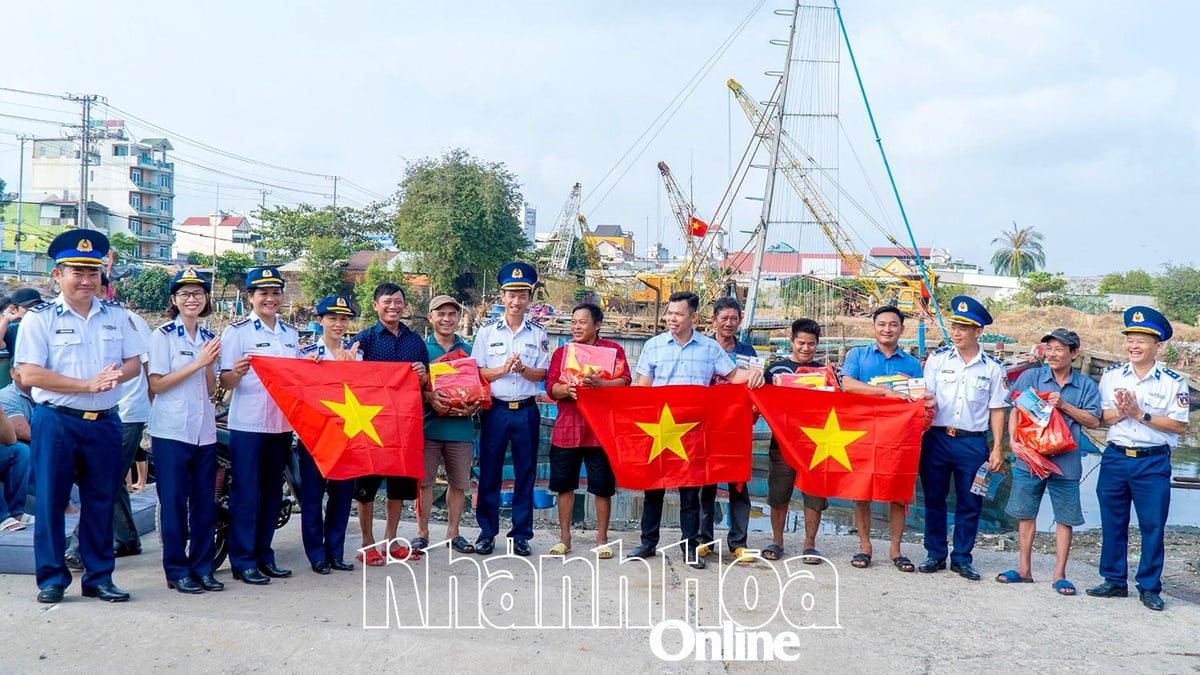

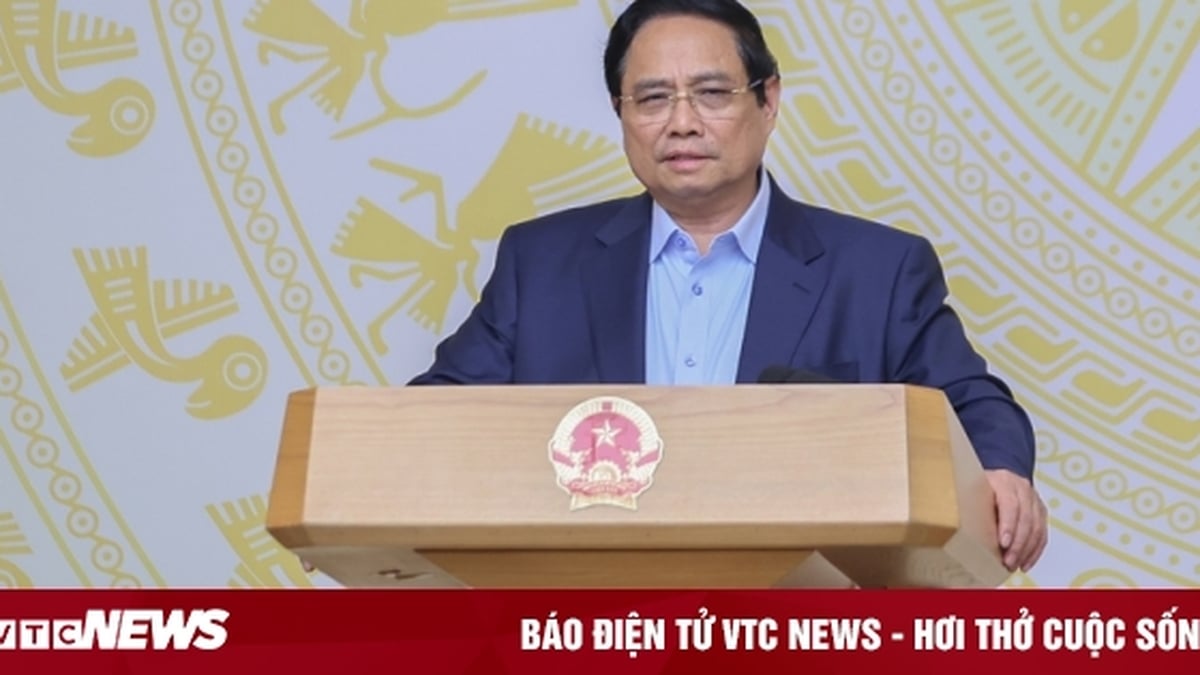

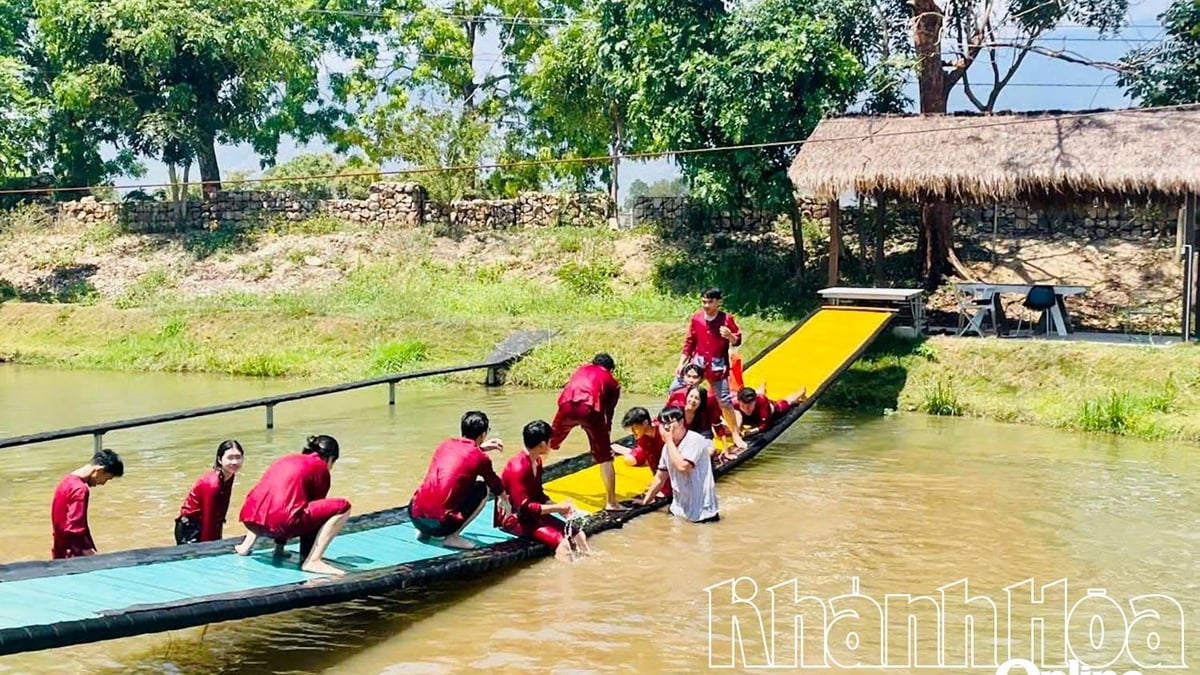

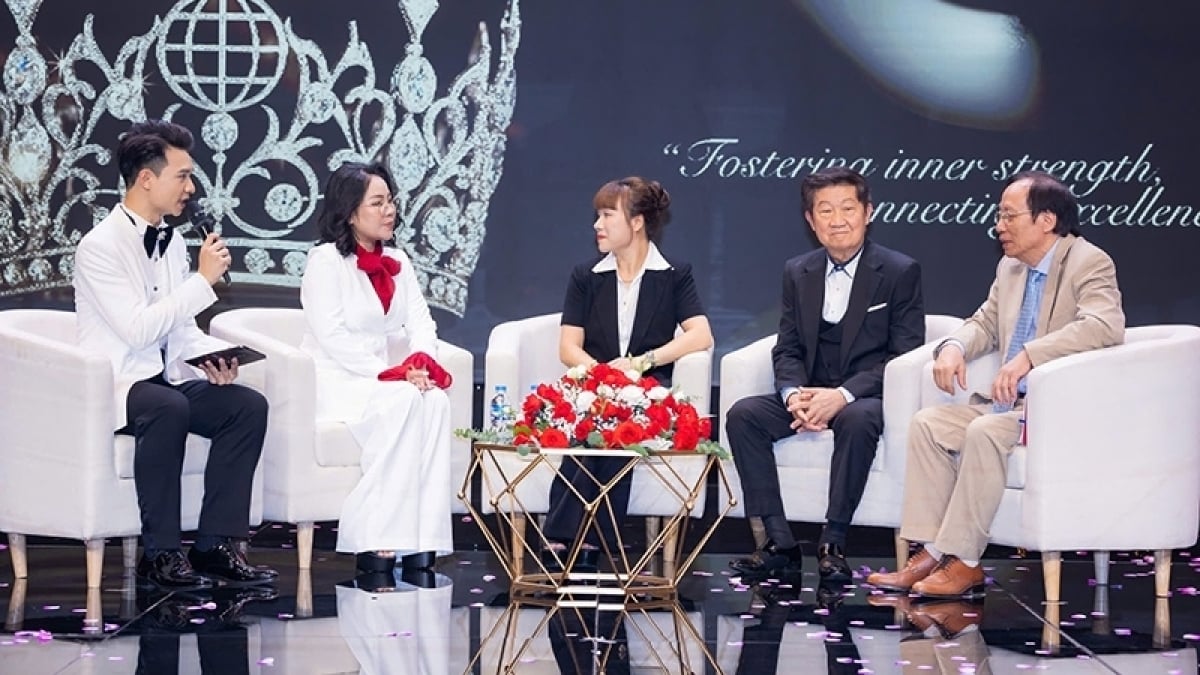

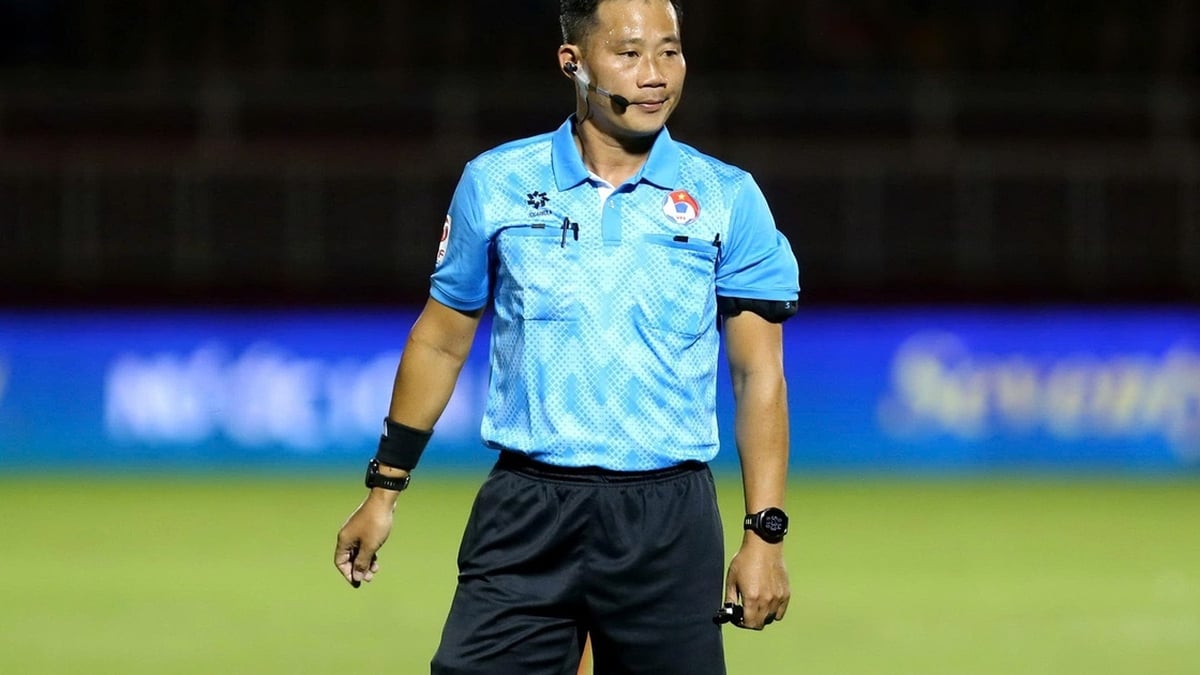











































![[Maritime News] Two Evergreen ships in a row: More than 50 containers fell into the sea](https://vphoto.vietnam.vn/thumb/402x226/vietnam/resource/IMAGE/2025/8/4/7c4aab5ced9d4b0e893092ffc2be8327)
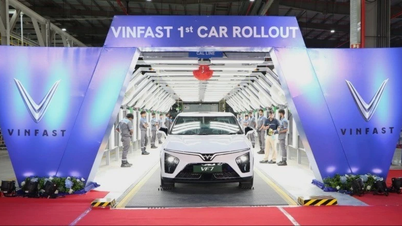


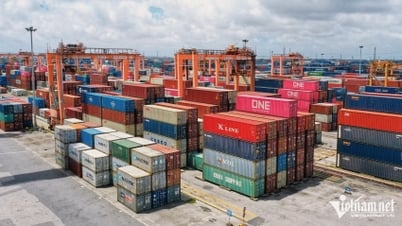



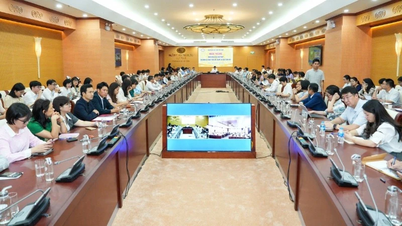

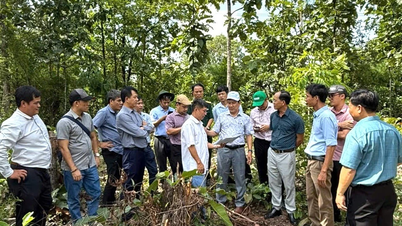


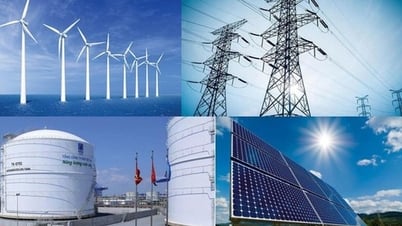
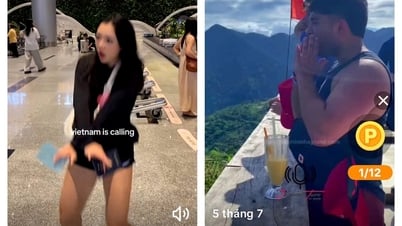
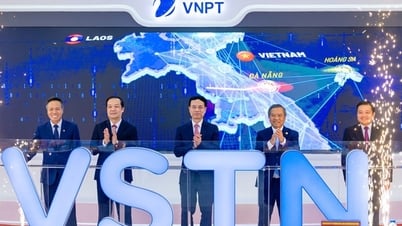

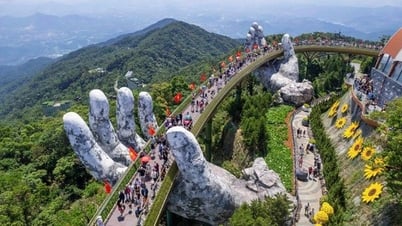


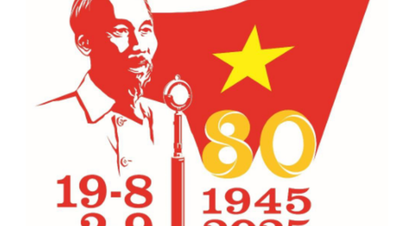
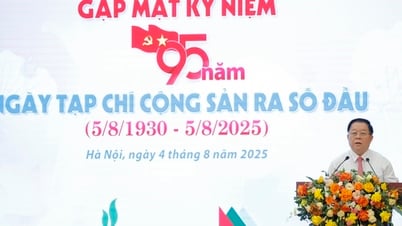
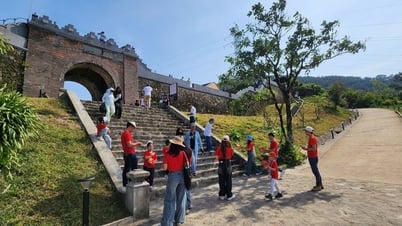

















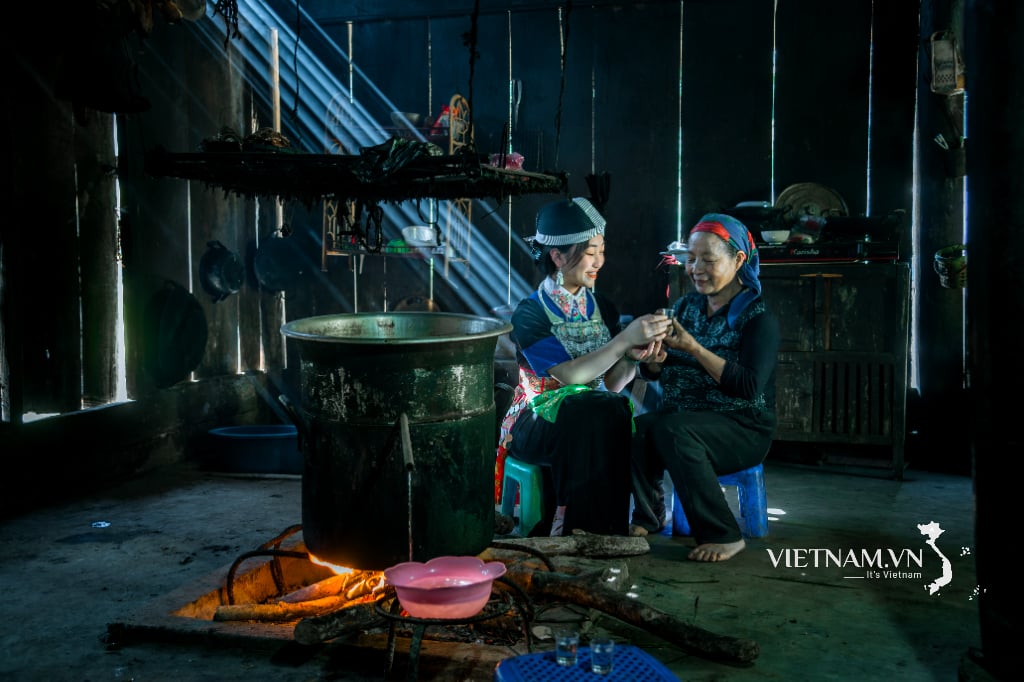
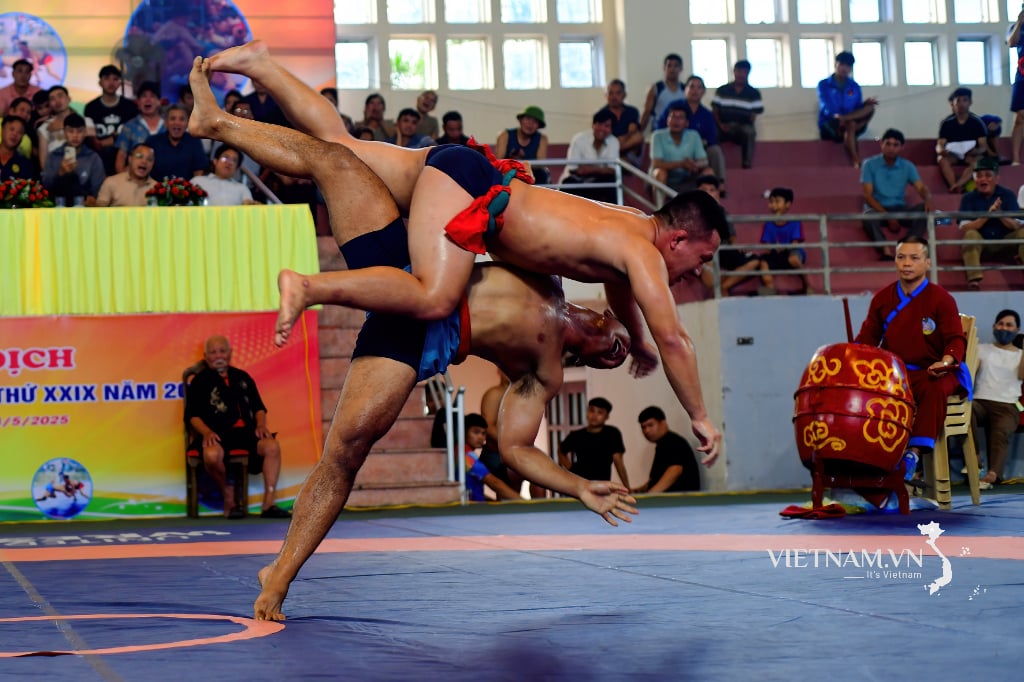
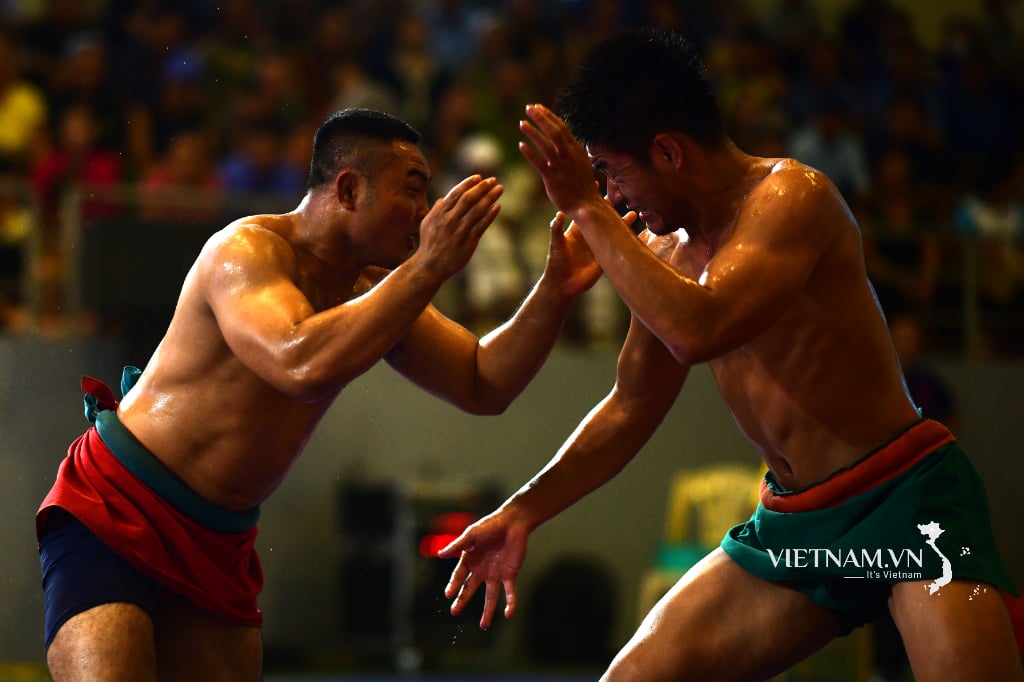
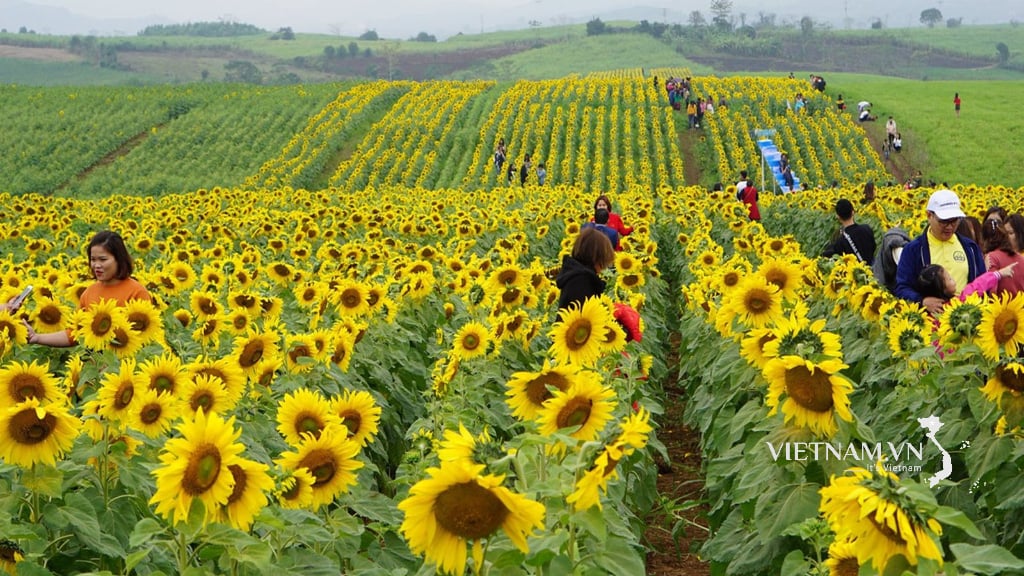
Comment (0)